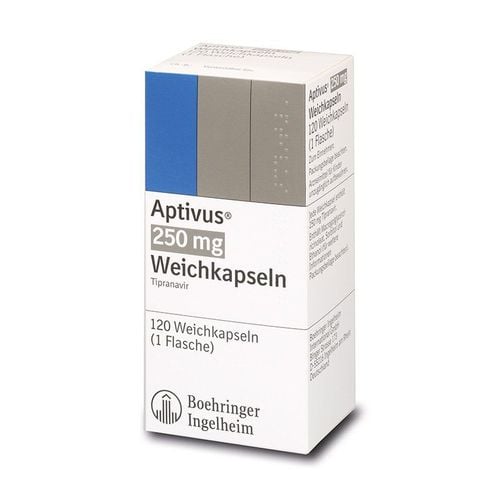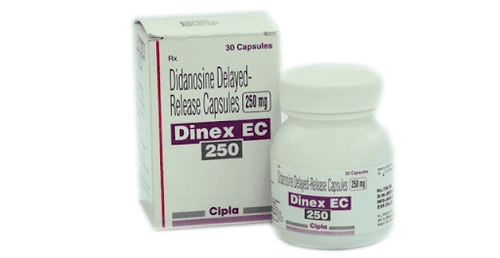This is an automatically translated article.
Becorace belongs to the group of anti-bacterial, anti-parasitic, antifungal and antiviral drugs. The drug is prepared in the form of film-coated tablets and contains the main ingredients Lamivudin 150mg and Zidovudin 300mg. All information about the drug Becorace uses and indications, contraindications will be shown in the article below.
1. Indications of the drug Becorace
Becorace is indicated for the treatment of HIV disease in children 12 years of age and older and adults. The drug works to increase the patient's immunity.
2. Contraindications of Becorace
Becorace is contraindicated in the following cases:
Patients with a history of hypersensitivity to the components contained in the drug Becorace. People with low neutrophil counts. Children under 12 years old.
3. Dosage and how to use Becorace
How to use: Becorace is prepared in the form of tablets, so when taking the drug, the patient should swallow the tablet whole with a full glass of water. Pay attention absolutely not to crush, chew or break Becorace tablets when using because this can speed up the release of active ingredients and cause serious consequences.
Reference dosage:
Adults and children over 12 years old: Take 1 tablet / time x 2 times / day. Patients with severe liver and kidney disease need to adjust the dose of Becorace according to the doctor's instructions. Note: Becorace dosage above is for reference only. The specific dose of Becorace depends on the condition and the progression of the disease. To get the right dose of Becorace, patients should consult their doctor or healthcare professional.
How to handle when you miss a dose or overdose of Becorace:
In case you miss a dose of Becorace, you should make up for it as soon as possible. However, if it is almost time for the next dose, skip the missed dose of Becorace and use a new dose. When using Becorace drug overdose, the patient should stop the drug immediately and go to the nearest medical facility for timely treatment.
4. Becorace drug interactions
Becorace may have an interaction reaction if used concurrently with:
Ribavirin; Stavudine drug. Using Becorace with the medicines mentioned above can cause certain side effects, so your doctor may usually consider changing the appropriate medication or dosage.
In addition, alcohol, carbonated drinks can change or slow down the effect of Becorace, so patients should pay attention to avoid these drinks.
To avoid interactions, before being prescribed Becorace, the patient should inform the doctor about the drugs they are using, including functional foods. The doctor will base on that to prescribe the appropriate Becorace.
5. Becorace side effects
At therapeutic doses, Becorace was well tolerated. However, during the use of Becorace, patients may still experience side effects such as:
Headache; Tired; Uncomfortable; Digestive disorders ; Cramp . If you experience these symptoms, the patient should stop using Becorace and notify the doctor for appropriate treatment.
6. Precautions when using Becorace
Becorace should be used with caution in the following subjects: Women with obesity, liver disease, kidney failure, cirrhosis caused by chronic hepatitis B, women in the first 3 months of pregnancy and breastfeeding. Store Becorace in a tightly closed container, in a cool, dry place and protected from light. Tell your doctor if you have a history of allergic reactions to certain drugs, active ingredients or antibiotics before using Becorace. Absolutely do not use when Becorace has signs of discoloration, mold, watery or expired. Above is all information about Becorace drug, patients need to carefully read the instructions for use, consult a doctor / pharmacist before using. Note, Becorace is a prescription drug, patients need to use the drug as prescribed by the doctor, absolutely do not self-treat at home.













